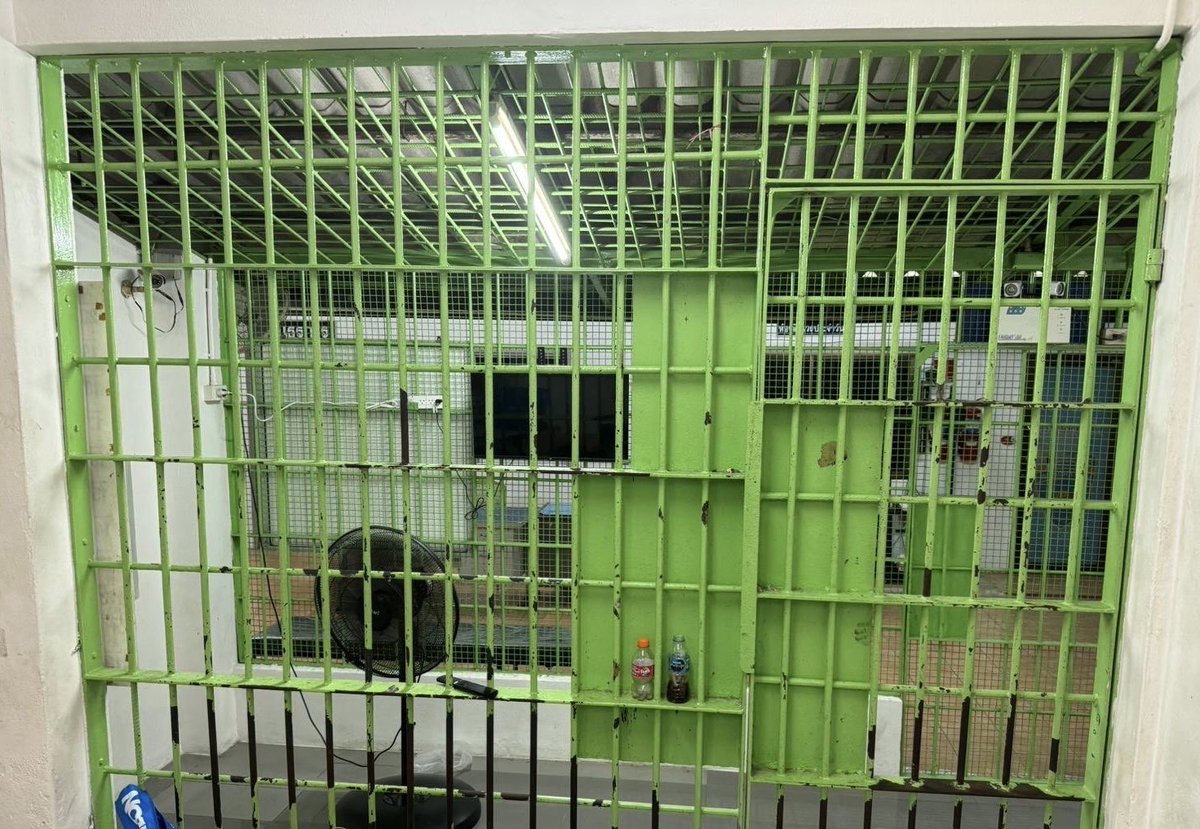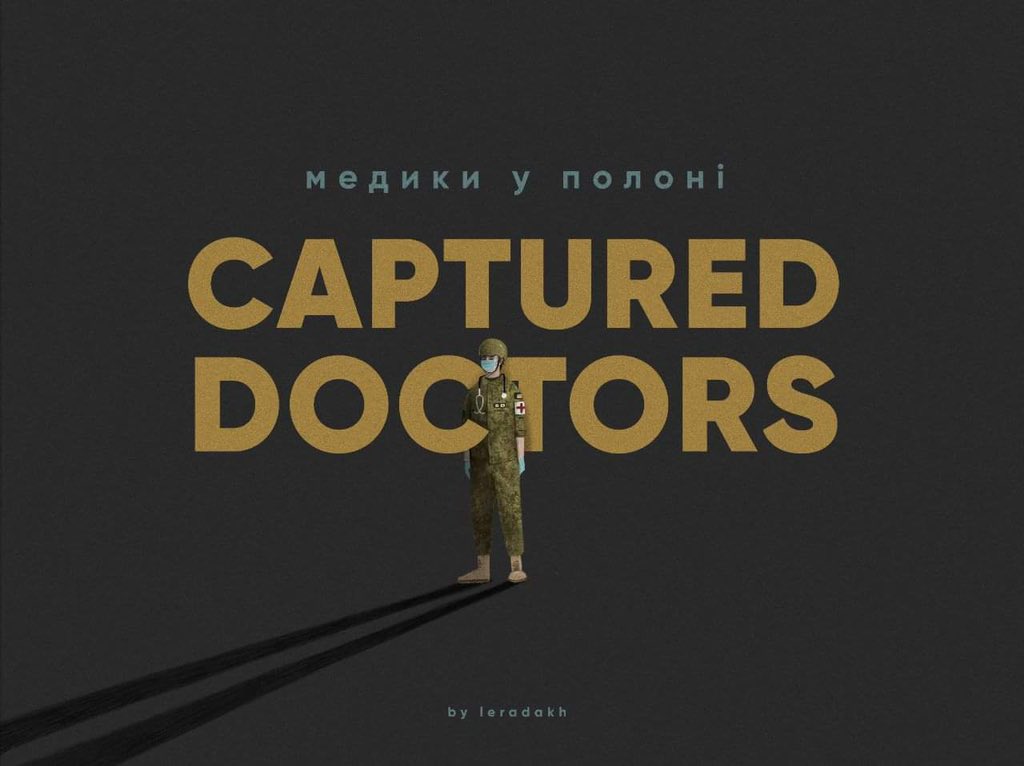Thai authorities arrested Russian musical band “Bi-2” on the request of Moscow. The musicians may be expelled to Russia. They takes a strong anti-war stance and could face criminal charges there. 1/7 

On 24 January 2024 the band performed a concert in Phuket, Thailand. Immediately afterwards they were arrested by the immigration police for performing without work visas. They were initially fined, but then nevertheless detained in Bangkok. 2/7 

The Russian Consul General Vladimir Sosnov is actively seeking their deportation in coordination with Moscow. After the concert in Phuket, Consul General personally called the Phuket Immigration Department, demanding not a release with a fine but their expulsion to Russia. 3/7 

The expulsion order only states that they are under the obligation to leave the country. Of their own will they would leave to a country different than Russia. However, when the tickets to Tel-Aviv, Israel, were bought, only one band member, Mr Igor Bortnik was allowed to travel. 

The band had opposed the military invasion of Ukraine by Russia. Then their concerts were eventually canceled. Mr Bortnik, the band’s frontman, was designated a “foreign agent” for having opposed the war.
5/7
5/7

Then they were forced to leave the country. Last year they held 60 concerts. They are the first Russian musicians to be arrested abroad for their anti-war stance. 6/7 

Urgent intervention is needed to prevent the expulsion to Russia as a punishment for their anti-war stance, as there is also a risk of torture, inhuman or degrading treatment in Russian detention. 7/7 

• • •
Missing some Tweet in this thread? You can try to
force a refresh











